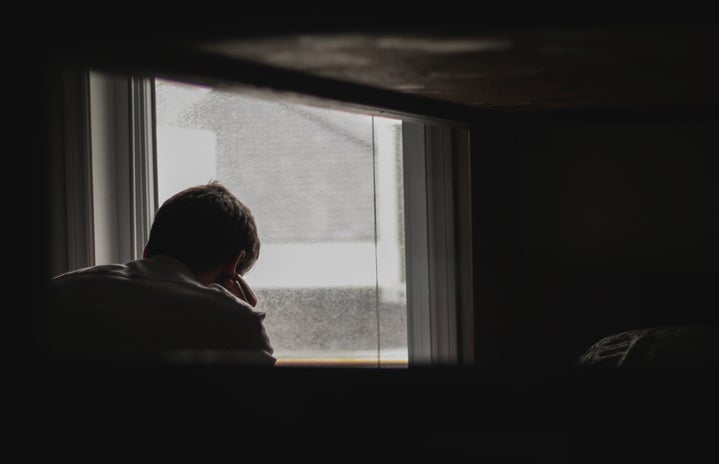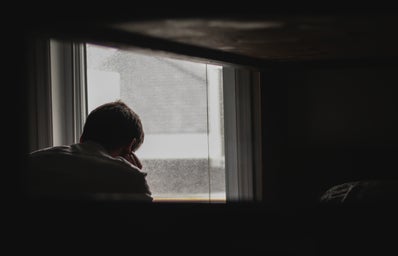As the weather slowly starts to warm up, you may be wondering why the sunlight and temperature have such a drastic effect on your mental health and well-being. Personally, I know once the weather warms just the slightest bit and the sun peeks out from the clouds I suddenly feel as if all my problems are gone, and I’m confused as to why I was so sad in the first place. So, what’s the scientific explanation for how the weather has such a chokehold on our mental health?
Seasonal depression is medically known as Seasonal Affective Disorder (SAD). According to the National Institute for Mental Health (NIMH), scientists don’t 100% know the cause of SAD, but research findings point us in a few different directions. Some people suffering from SAD have reduced serotonin activity, a neurotransmitter associated with mood stability. Scientists have also found that vitamin D deficits (probably from a lack of sunlight) may contribute to SAD since vitamin D is thought to promote serotonin activity. Other researchers have found an overproduction of melatonin, a hormone that helps regulate the sleep cycle, in people suffering from SAD.
Despite these findings, sometimes there isn’t a biological reason for someone to be suffering from SAD. The NIMH also found that “negative thoughts and feelings about the winter and its associated limitations and stresses” may also be a cause of the mood disorder. Some people may be more at risk for developing SAD than others. Mayo Clinic lists family history, already having major depression or bipolar disorder, living far from the equator and low levels of vitamin D as risk factors for developing SAD.
Now, most people experience general feelings of sadness during the winter and fall months, but when does it become SAD? Mayo Clinic lists several general symptoms of SAD, including but not limited to, losing interest in activities you previously enjoyed, oversleeping, feeling hopeless or guilty, and having low energy/sluggishness. Some specific symptoms to winter-onset SAD include oversleeping, appetite changes, weight gain, and tiredness. A doctor will diagnose someone with SAD if they have symptoms of major depression or the ones listed above, the depressive episodes occur during specific seasons, and the episodes are much more frequent than depressive episodes at other times of the year.
If you are diagnosed with SAD, your doctor will likely recommend one of a few common treatments. Some patients benefit best from light therapy, which aims to make up for a lack of natural sunshine during the winter season. Often, light therapy is paired with psychotherapy or “talk therapy,” which focuses on ways to help patients replace negative thoughts about the season with more long-lasting positive ones. In some serious cases, doctors may recommend and prescribe certain medications for those suffering from SAD.
You do not have to be diagnosed with SAD to seek treatment. If you are struggling at any time of the year, reaching out for help is okay and encouraged. If believe you or someone you know is at risk for hurting themselves or is showing signs of suicidal ideation call the National Suicide Prevention Lifeline at 988 or text HELLO to 741741.
Although this winter may bring some challenges, each day that passes is one more day closer to summer! Make sure to get plenty of rest, drink water, take your medication and reach out to your doctor if you are concerned about seasonal affective disorder or your general mental health this winter.


